 Dr. Jeffrey McCutcheon, Associate Professor of Chemical and Biomolecular Engineering, is the recipient of the prestigious 2014 FRI/ John G. Kunesh Award. This award, presented by the Separations Division of AIChE, acknowledges outstanding separations scientists under the age of 40. Dr. McCutcheon received this highly competitive international award for his outstanding achievements and contributions in the field of osmotic separations. “I have long made AIChE a part of my professional network,” says McCutcheon. “And I am eager to continue that throughout my career.”
Dr. Jeffrey McCutcheon, Associate Professor of Chemical and Biomolecular Engineering, is the recipient of the prestigious 2014 FRI/ John G. Kunesh Award. This award, presented by the Separations Division of AIChE, acknowledges outstanding separations scientists under the age of 40. Dr. McCutcheon received this highly competitive international award for his outstanding achievements and contributions in the field of osmotic separations. “I have long made AIChE a part of my professional network,” says McCutcheon. “And I am eager to continue that throughout my career.”
Dr. McCutcheon is a leading scholar in the development, characterization, and performance testing of novel membranes for forward osmosis applications. His substantial contributions have been recognized by the industrial community. In the past three years, he has received the Solvay Specialty Polymers Young Faculty Award, the 3M Faculty award, and the DuPont Young Professor award.
Dr. McCutcheon is the Director of the Sustainable Water and Energy Learning Laboratory (SWELL). His early work included pioneering studies on forward osmosis (FO), a salinity gradient process that uses osmotic potential for driving a desalination process. This work has since expanded to consider other osmotically driven membrane processes.
“Water is a key component of economic growth, and it is a necessary commodity to help humanity emerge from the global economic slowdown. My research seeks to reduce the cost of producing drinking quality water from saline or otherwise impaired water sources,” he says. “I am excited by revolutionary technologies that approach the challenges of desalination and water reuse in a unique and cost effective manner.”
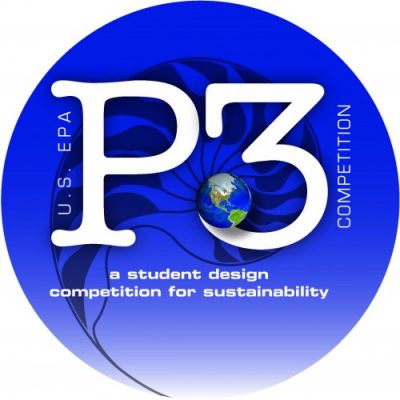 A student team from the University of Connecticut is one of five winners in the Northeast in the Environmental Protection Agency’s
A student team from the University of Connecticut is one of five winners in the Northeast in the Environmental Protection Agency’s 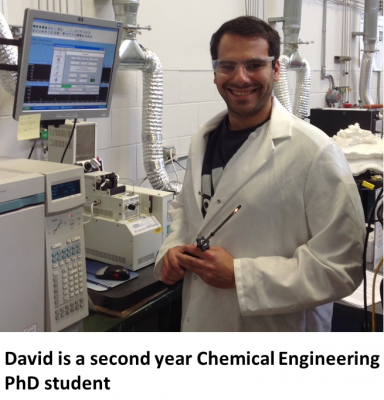 Graduate students have many reasons to choose UConn, from conducting research in world class facilities, to a welcoming learning environment, and no shortage of school pride (not everyone wins dual National Championships in basketball).
Graduate students have many reasons to choose UConn, from conducting research in world class facilities, to a welcoming learning environment, and no shortage of school pride (not everyone wins dual National Championships in basketball).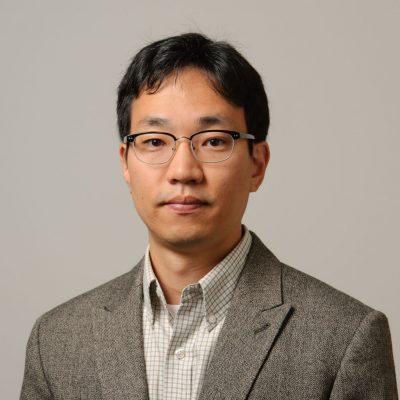 Dr. Yongku Cho, Assistant Professor in the Department of Chemical and Biomolecular Engineering, has received a prestigious and highly competitive
Dr. Yongku Cho, Assistant Professor in the Department of Chemical and Biomolecular Engineering, has received a prestigious and highly competitive 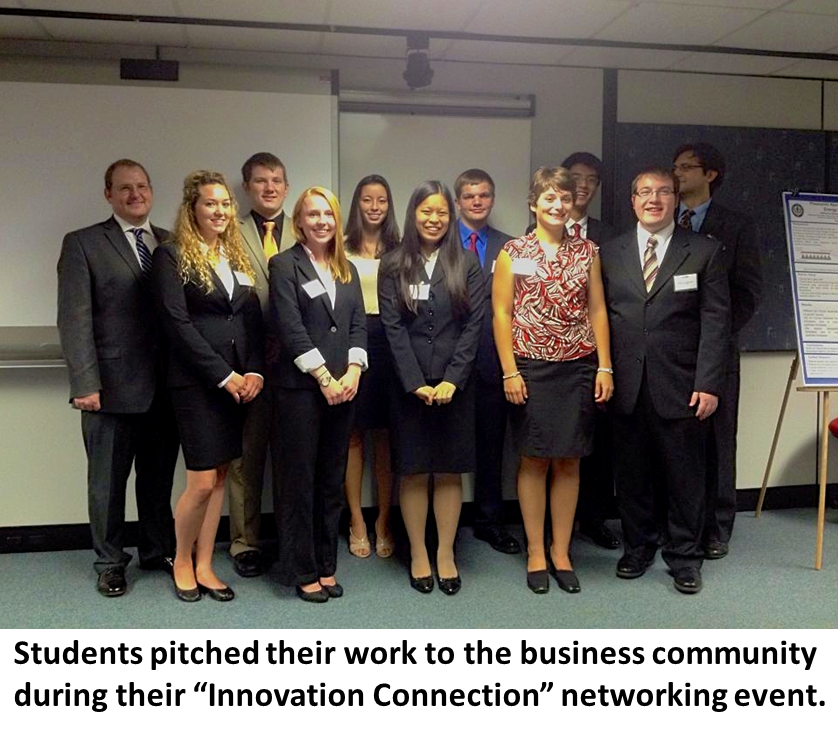 For the third consecutive summer, UConn’s Chemical & Biomolecular Engineering (CBE) Department hosed an NSF sponsored
For the third consecutive summer, UConn’s Chemical & Biomolecular Engineering (CBE) Department hosed an NSF sponsored 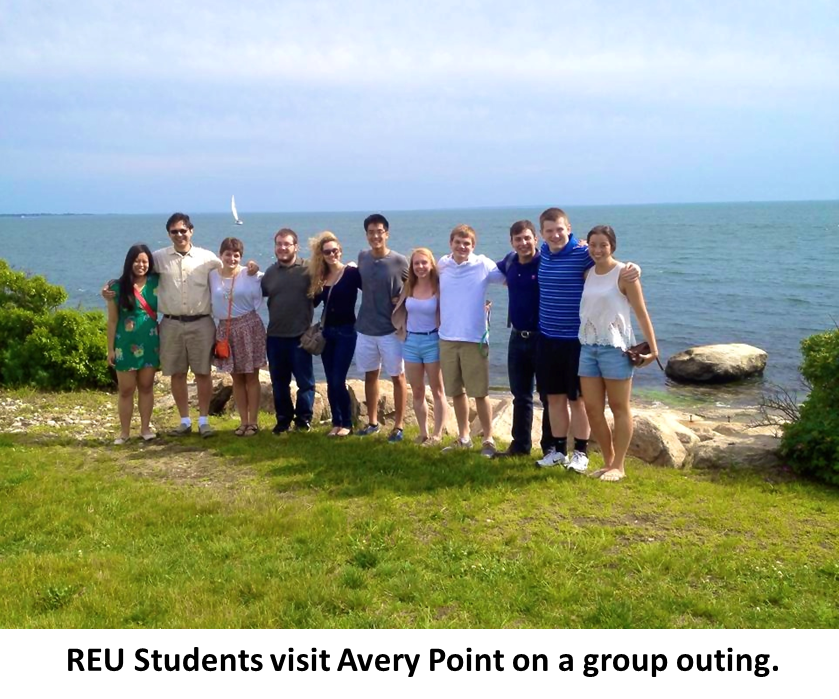 Instruments), High-Performance Nanostructured Organic/Inorganic Hybrids for Functional Applications (Nanocor), Development of Scalable Droplet Microfluidic Devices (BASF), Increasing Soil Water Retention with Bacteria (DuPont), Characterization of TiO2 Thin Films on 316L Stainless Steel Formed using a Sol-Gel Technique (VeruTEK Technologies), Plasmonic Nanodevices for Solar Energy Harvesting (Scitech Solar), and Sustainable Biofuels Production (RPM Sustainable Technologies).
Instruments), High-Performance Nanostructured Organic/Inorganic Hybrids for Functional Applications (Nanocor), Development of Scalable Droplet Microfluidic Devices (BASF), Increasing Soil Water Retention with Bacteria (DuPont), Characterization of TiO2 Thin Films on 316L Stainless Steel Formed using a Sol-Gel Technique (VeruTEK Technologies), Plasmonic Nanodevices for Solar Energy Harvesting (Scitech Solar), and Sustainable Biofuels Production (RPM Sustainable Technologies).